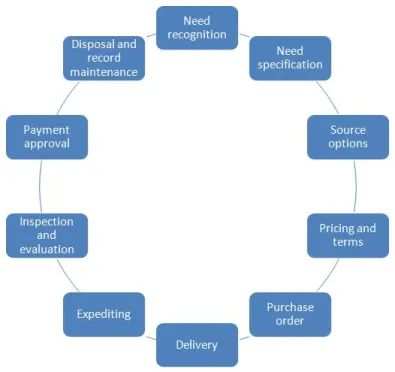Why the Best Pre-Employment Assessments Are Essential for Modern Recruitment
- Jul 11, 2024
- 3 min read
In today's competitive job market, finding the right candidate is more challenging than ever. Traditional hiring methods, relying solely on resumes and interviews, often fall short in identifying the best fit for a role. This is where pre-employment assessments come into play. Utilizing the best pre-employment assessments is essential for modern recruitment, providing a data-driven approach to hiring that enhances efficiency, reduces biases, and improves overall job performance.
Enhanced Hiring Accuracy
The primary benefit of pre-employment assessments is their ability to improve hiring accuracy. Unlike resumes, which only provide a snapshot of a candidate's past experiences and skills, pre-employment assessments offer a comprehensive evaluation of their abilities, personality traits, and potential fit for the role. This leads to more informed hiring decisions, reducing the likelihood of costly hiring mistakes.
Objective Evaluation
One of the significant challenges in traditional recruitment is the subjective nature of interviews and resume evaluations. Pre-employment assessments introduce objectivity into the hiring process by providing standardized metrics that are consistent across all candidates. This helps in minimizing unconscious biases that can influence hiring decisions, ensuring that all candidates are evaluated fairly based on their true potential.
Time and Cost Efficiency
Hiring can be a time-consuming and expensive process. Pre-employment assessments streamline this by quickly identifying the most qualified candidates, reducing the time spent on reviewing resumes and conducting interviews. Automated assessments can handle a large volume of applicants efficiently, allowing recruiters to focus their efforts on the best prospects. This not only speeds up the hiring process but also reduces costs associated with prolonged recruitment efforts.
Predictive Performance
The best pre-employment assessments are designed to predict future job performance accurately. They assess a range of competencies, including cognitive abilities, technical skills, and behavioral traits, that are critical for success in a particular role. By identifying candidates who possess the right mix of skills and attributes, these assessments increase the likelihood of hiring individuals who will perform well and stay longer in their positions.
Improved Employee Retention
High employee turnover is a significant concern for many organizations. Pre-employment assessments can help mitigate this by ensuring a better match between the candidate and the role. When employees are well-suited to their positions, they are more likely to be satisfied with their jobs, leading to higher retention rates. This stability is beneficial for both the organization and the employees, fostering a more productive and positive work environment.
Customized Assessments for Specific Roles
Modern pre-employment assessments can be tailored to meet the specific requirements of different roles. This customization ensures that the assessments are relevant and accurately reflect the competencies needed for success in a particular job. For example, a sales role might focus more on personality traits and persuasive skills, while a technical position might prioritize problem-solving abilities and technical knowledge.
Enhanced Candidate Experience
Pre-employment assessments also contribute to a positive candidate experience. Clear, transparent, and relevant assessments can demonstrate an organization’s commitment to fair and merit-based hiring. Candidates appreciate knowing that they are being evaluated on their skills and abilities rather than subjective criteria, which can enhance their perception of the company.
Data-Driven Insights
The data generated from pre-employment assessments provide valuable insights that can be used to refine and improve the hiring process continuously. Recruiters can analyze the performance of hired employees over time, comparing it to their assessment results to identify trends and areas for improvement. This data-driven approach enables organizations to fine-tune their recruitment strategies and make more informed decisions in the future.
Conclusion
In conclusion, the best pre-employment assessments are essential for modern recruitment because they enhance hiring accuracy, ensure objective evaluation, and provide time and cost efficiencies. By predicting job performance and improving employee retention, these assessments offer significant advantages over traditional hiring methods. Customized assessments tailored to specific roles, combined with a positive candidate experience and data-driven insights, make pre-employment assessments an indispensable tool in the modern recruitment landscape. Embracing these assessments allows organizations to build stronger, more capable teams, driving long-term success and growth.
SITES WE SUPPORT
SOCIAL LINKS




Comments